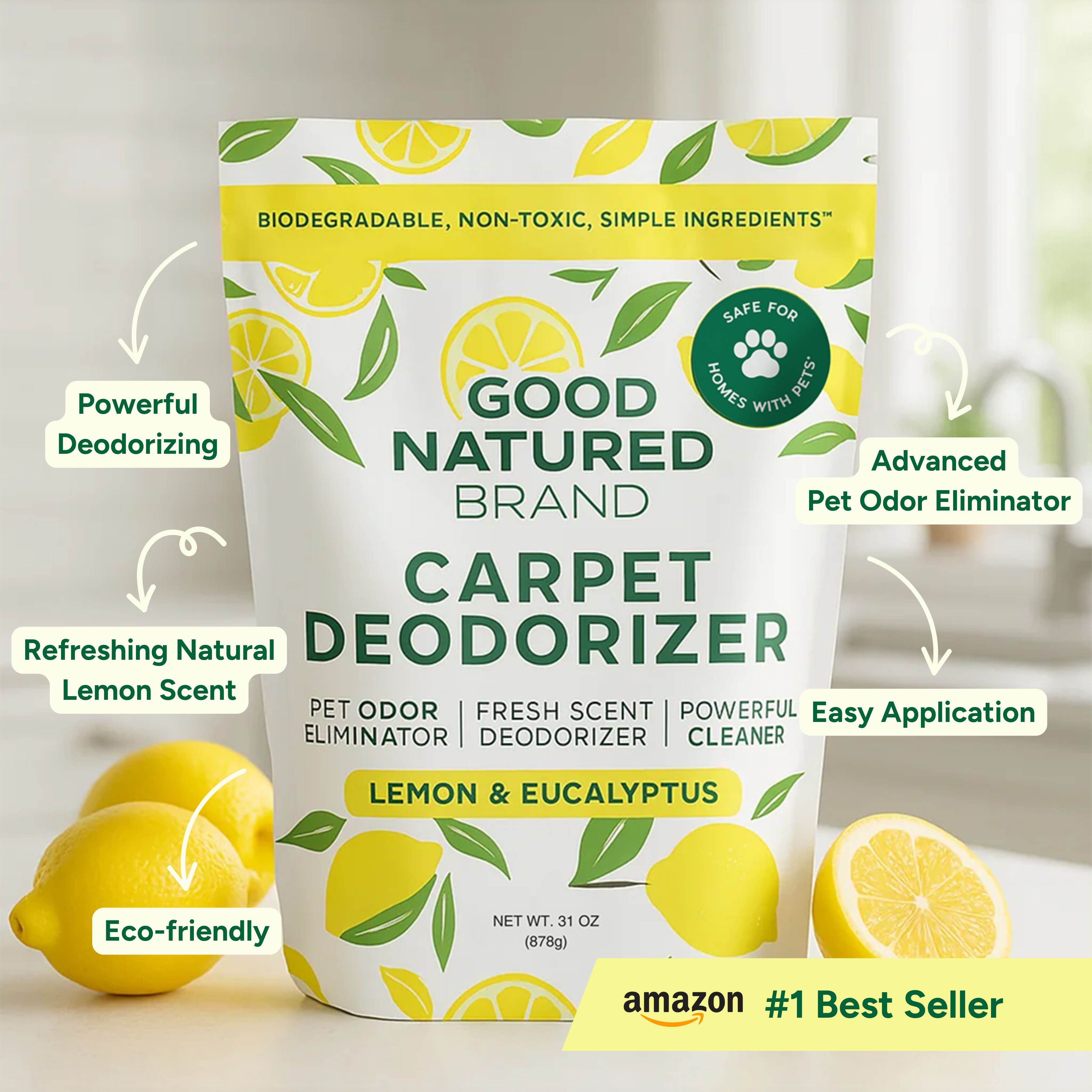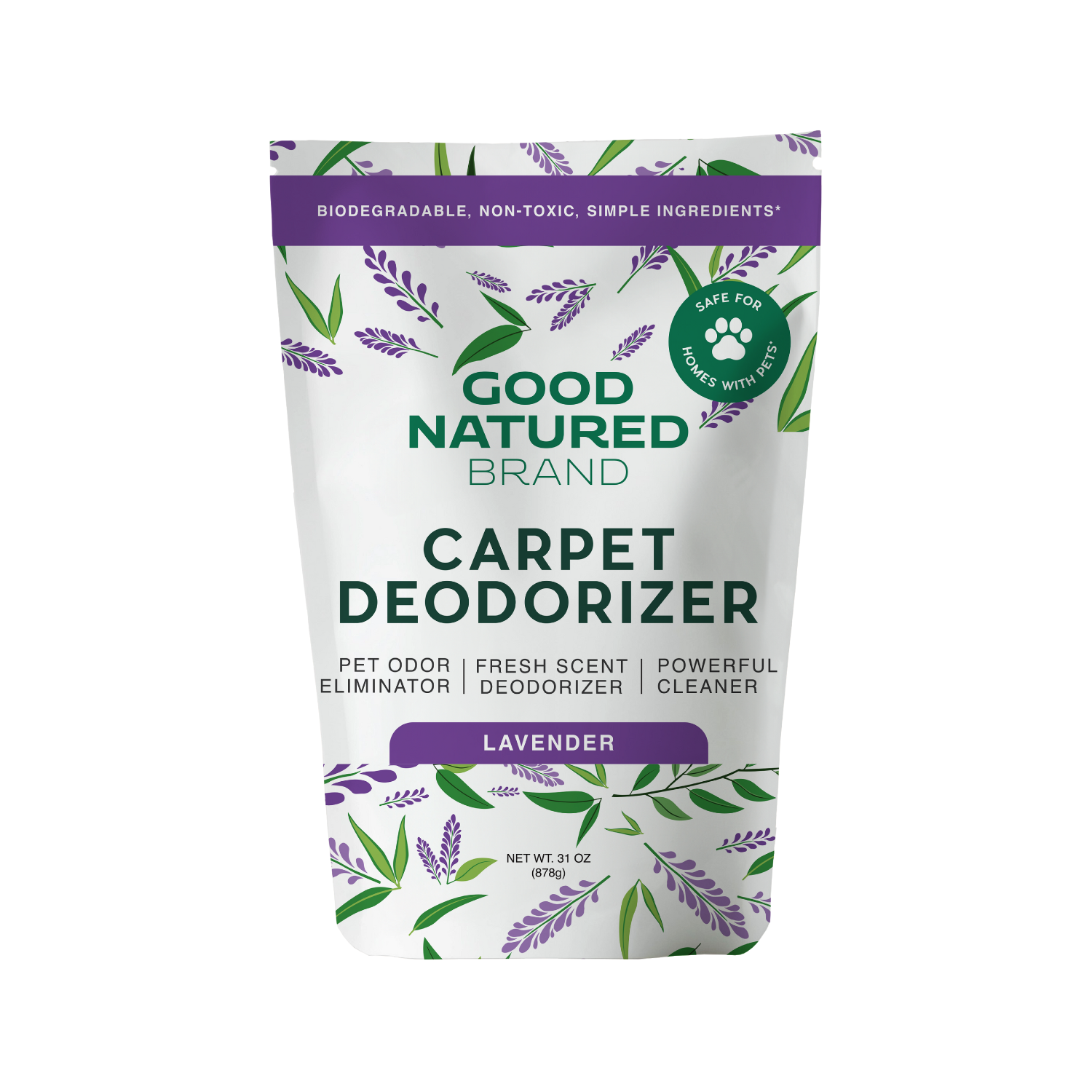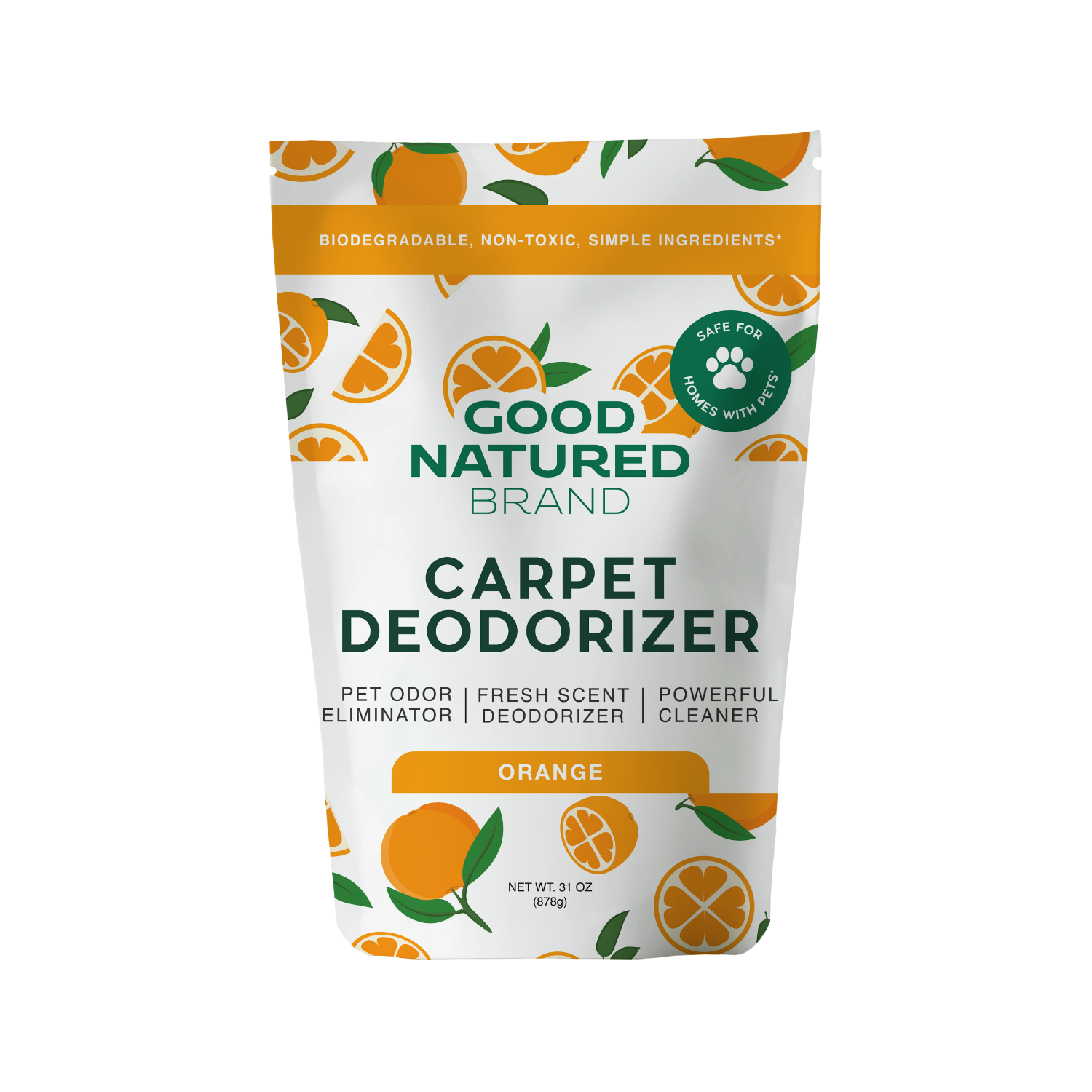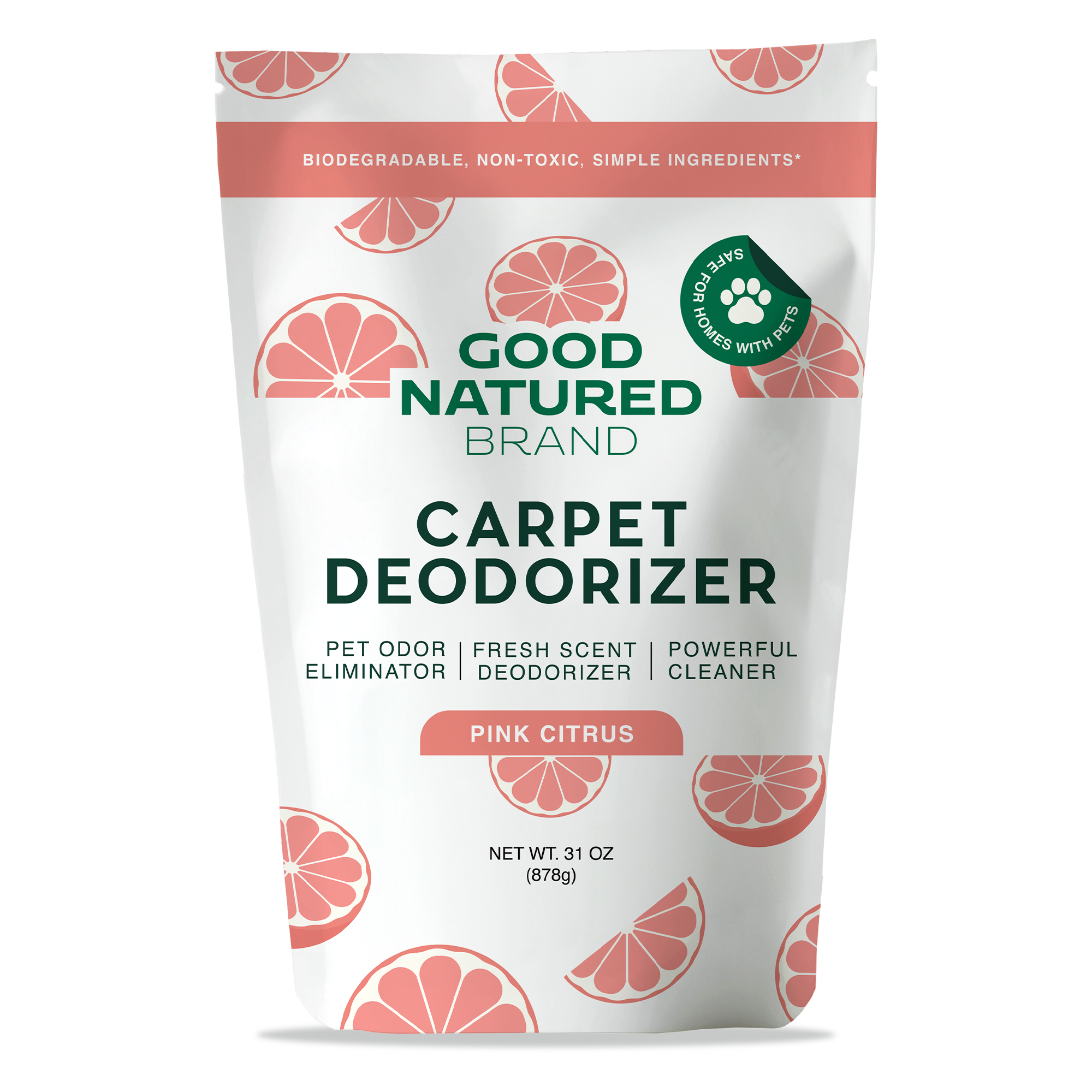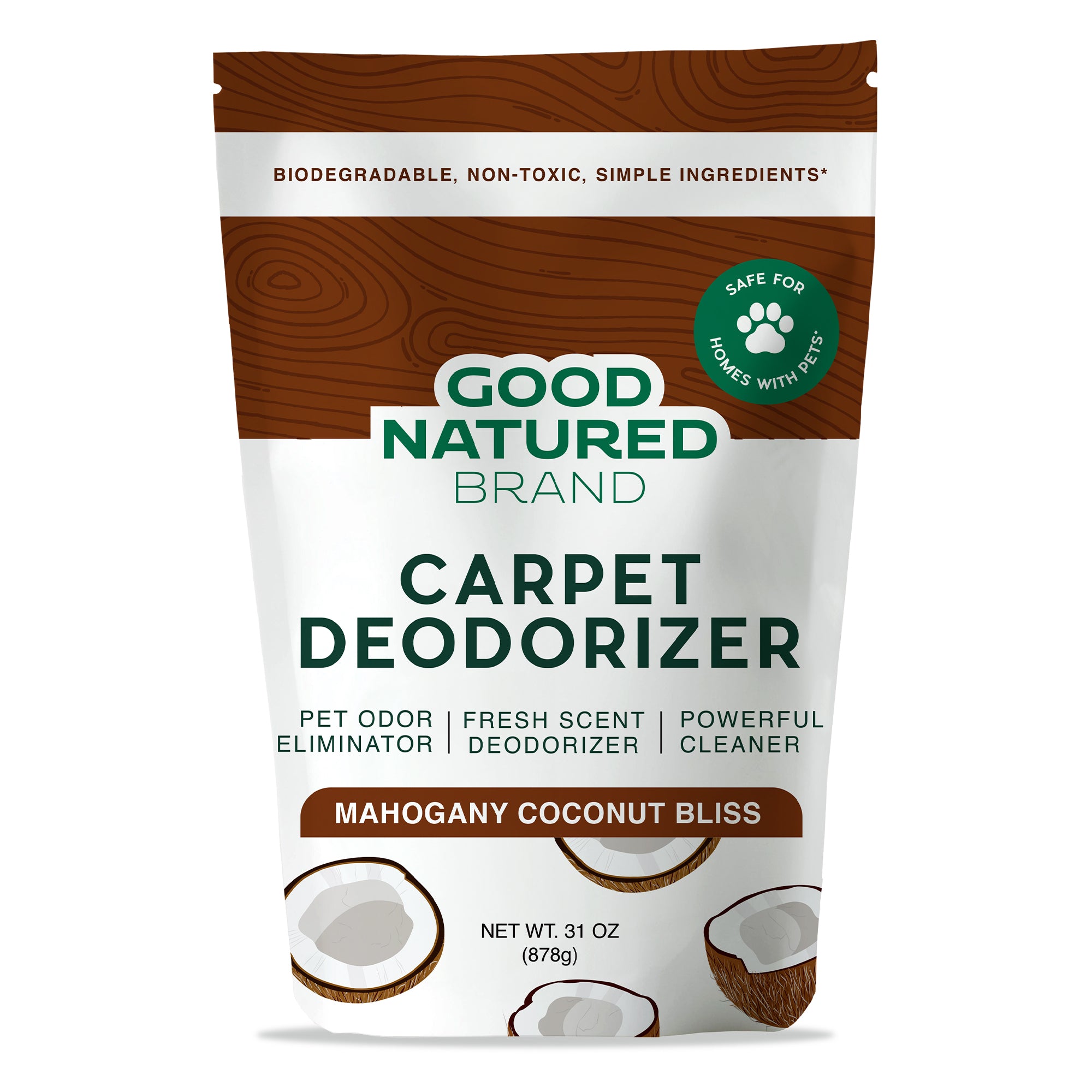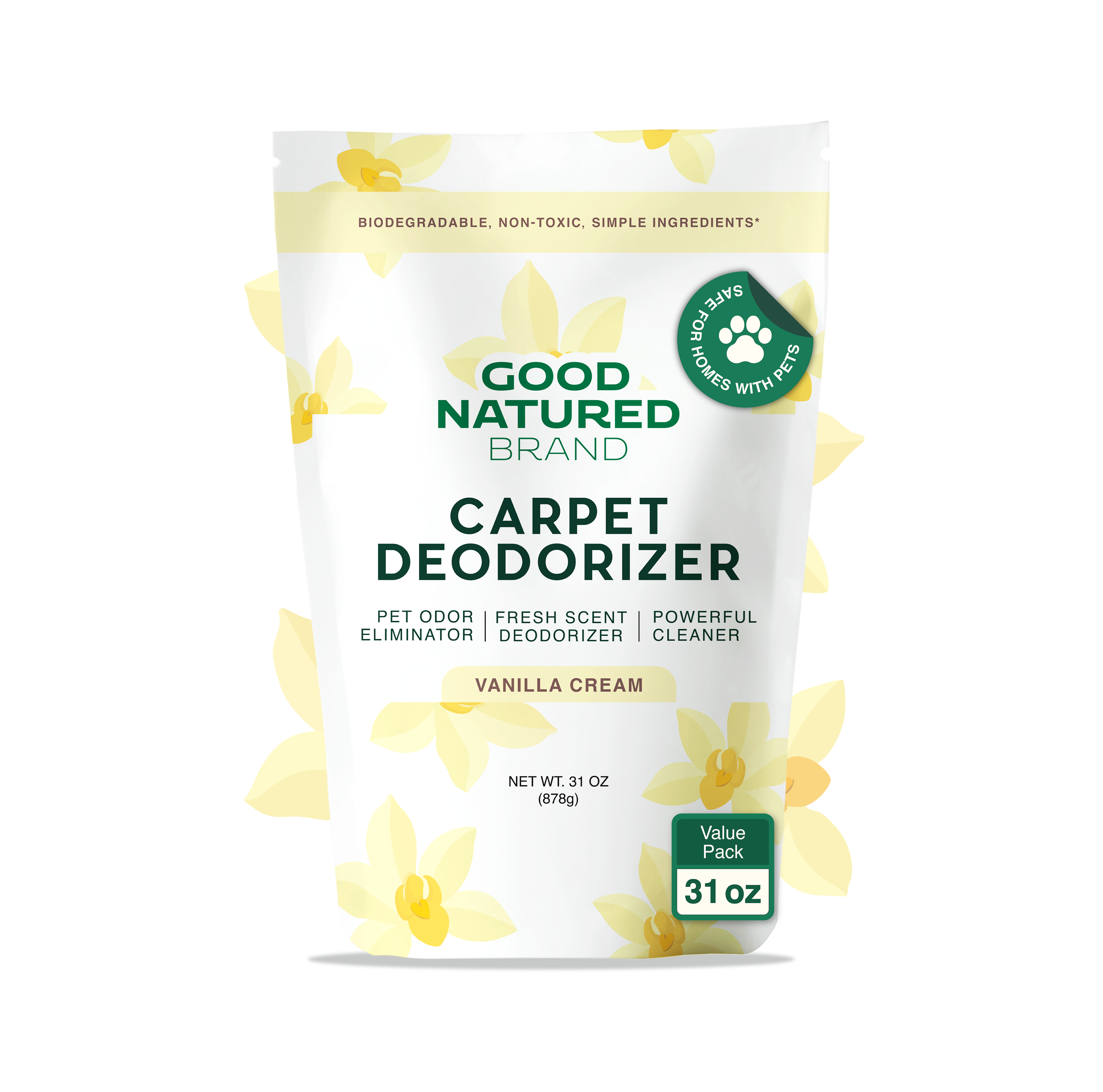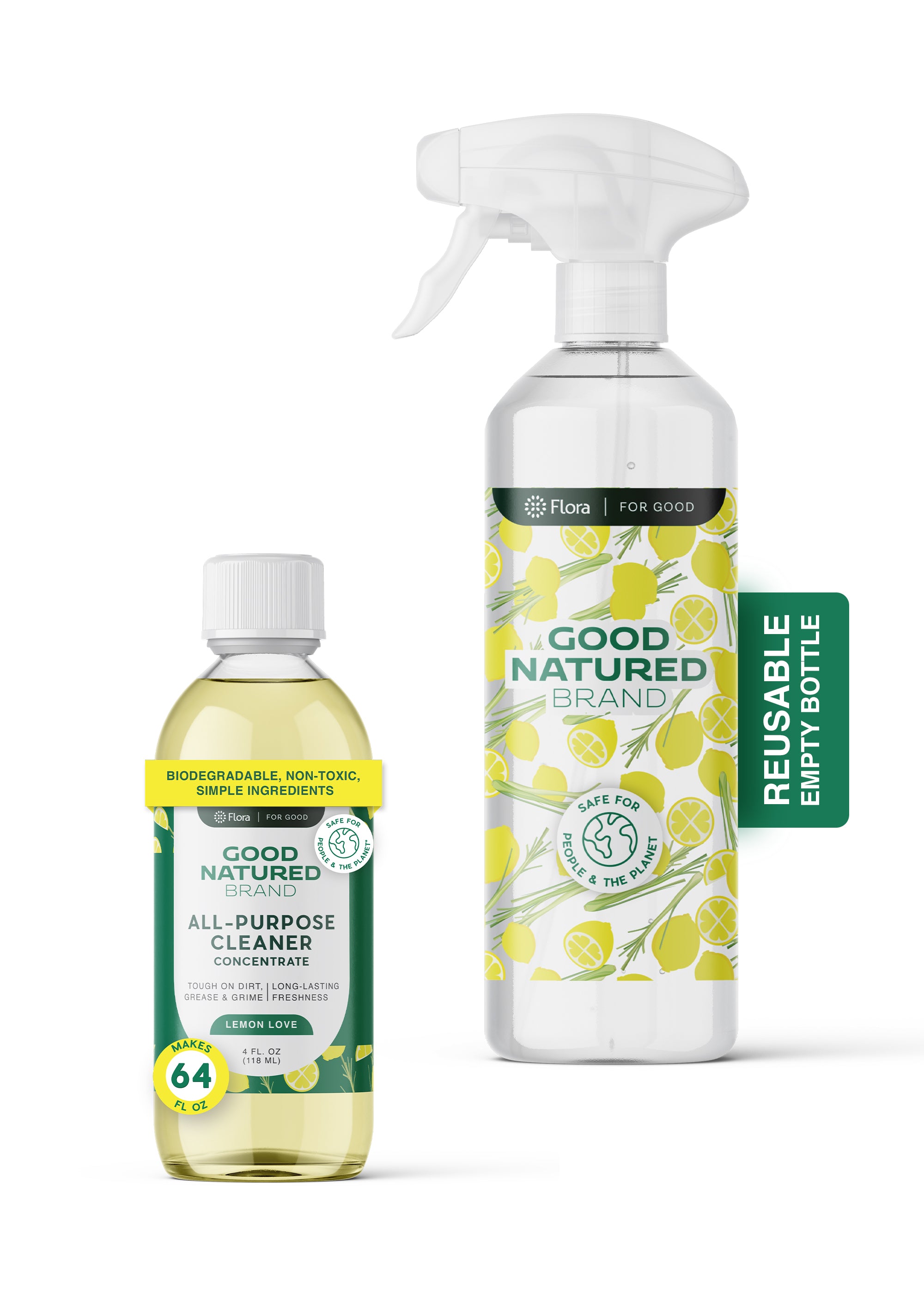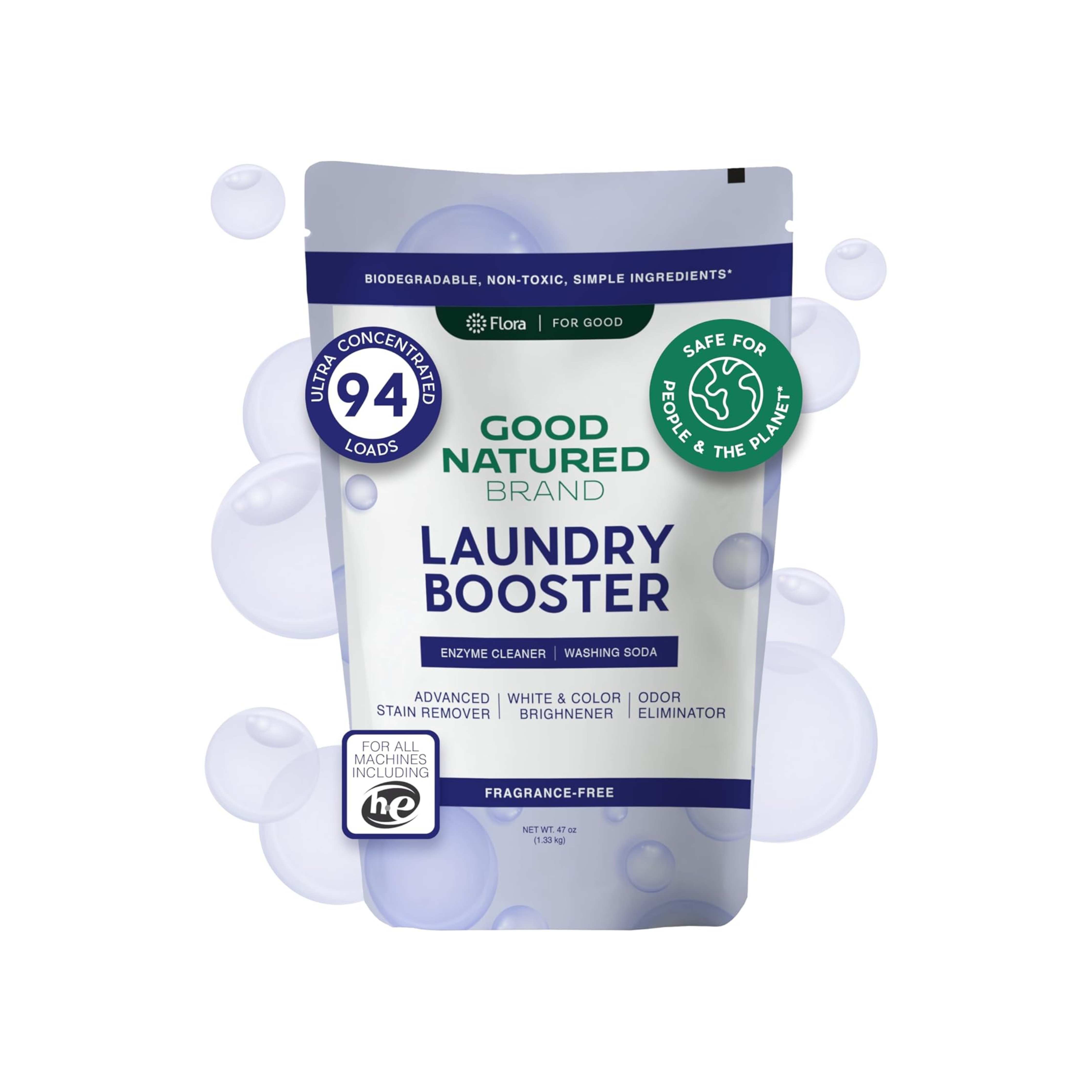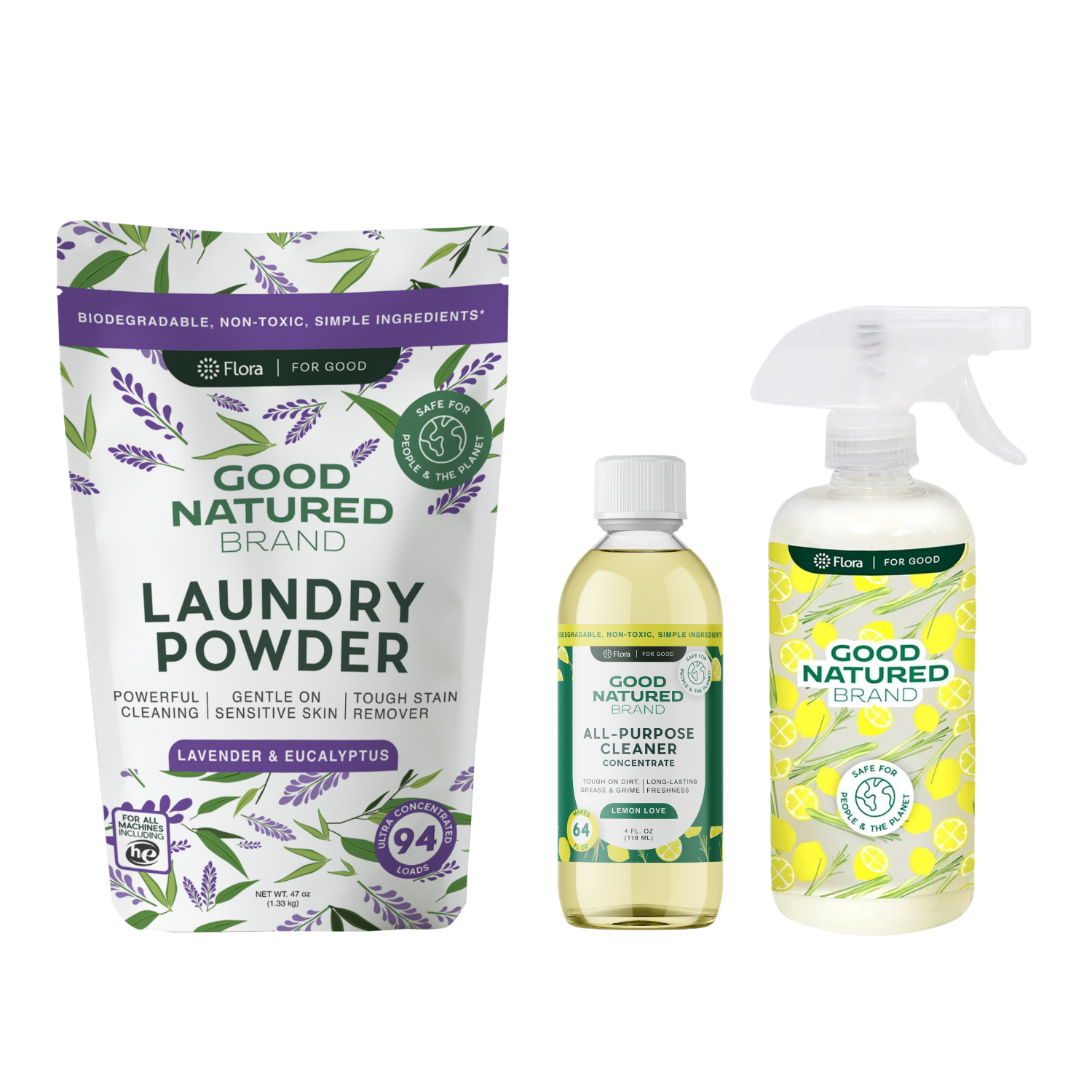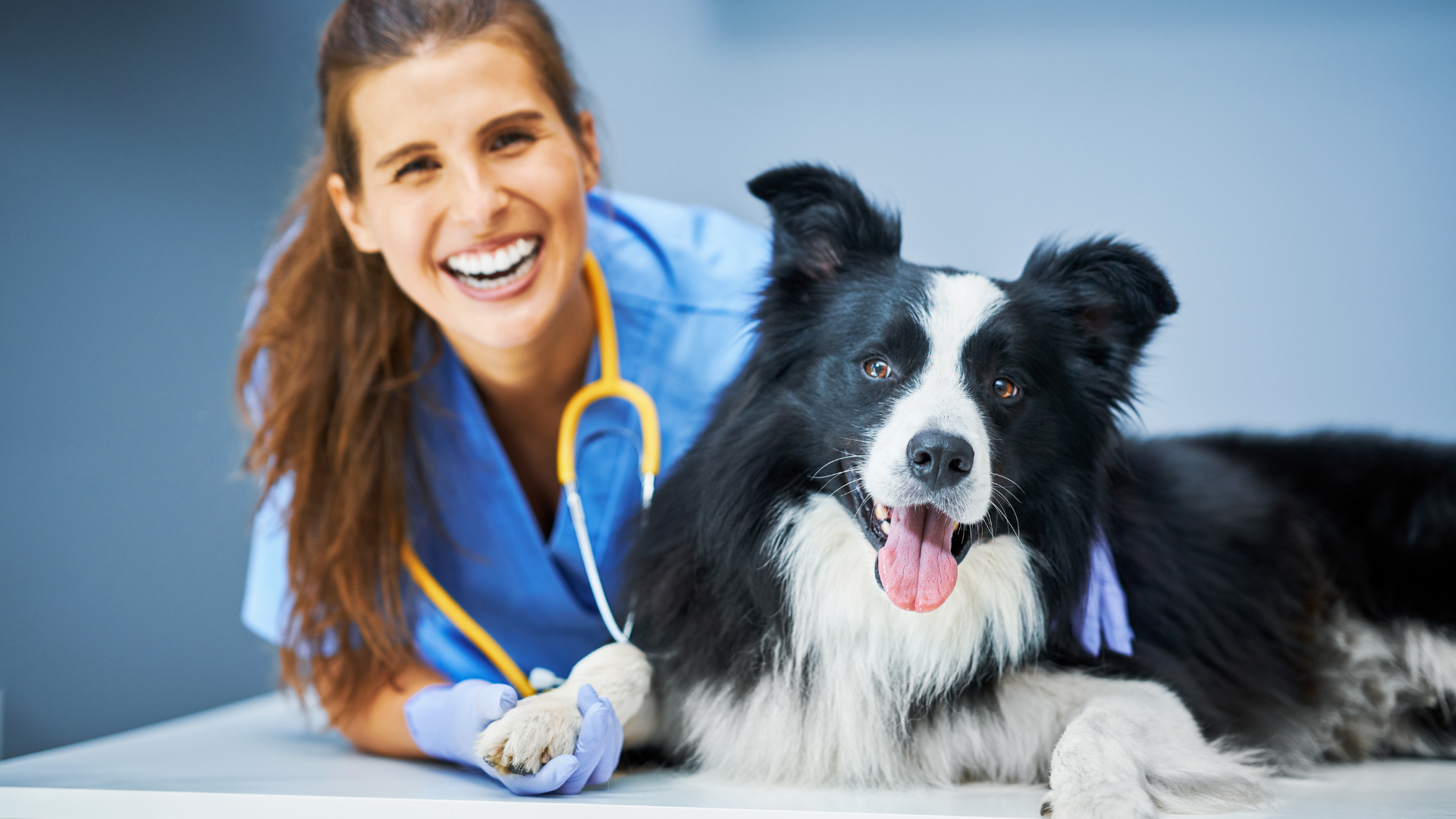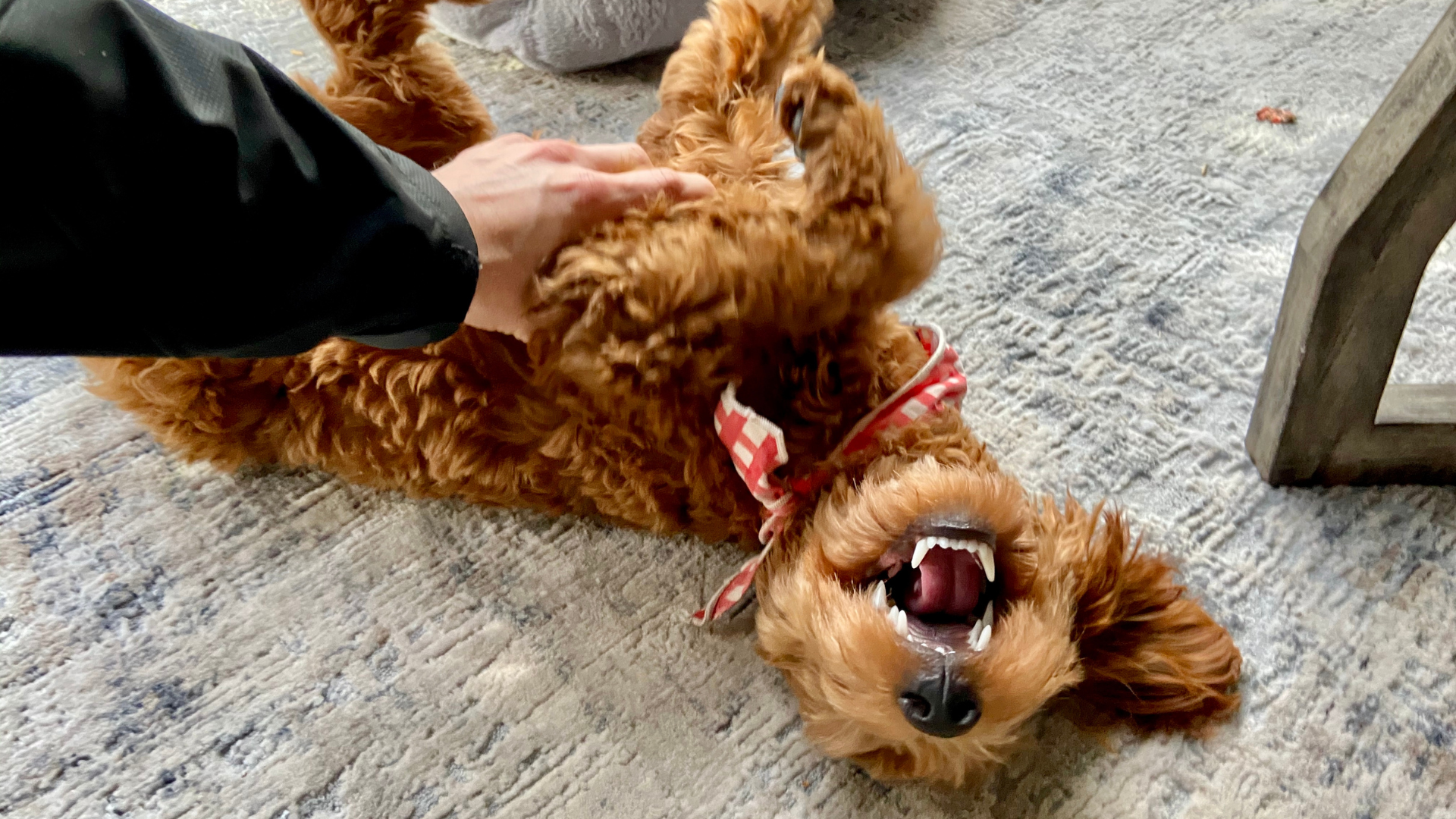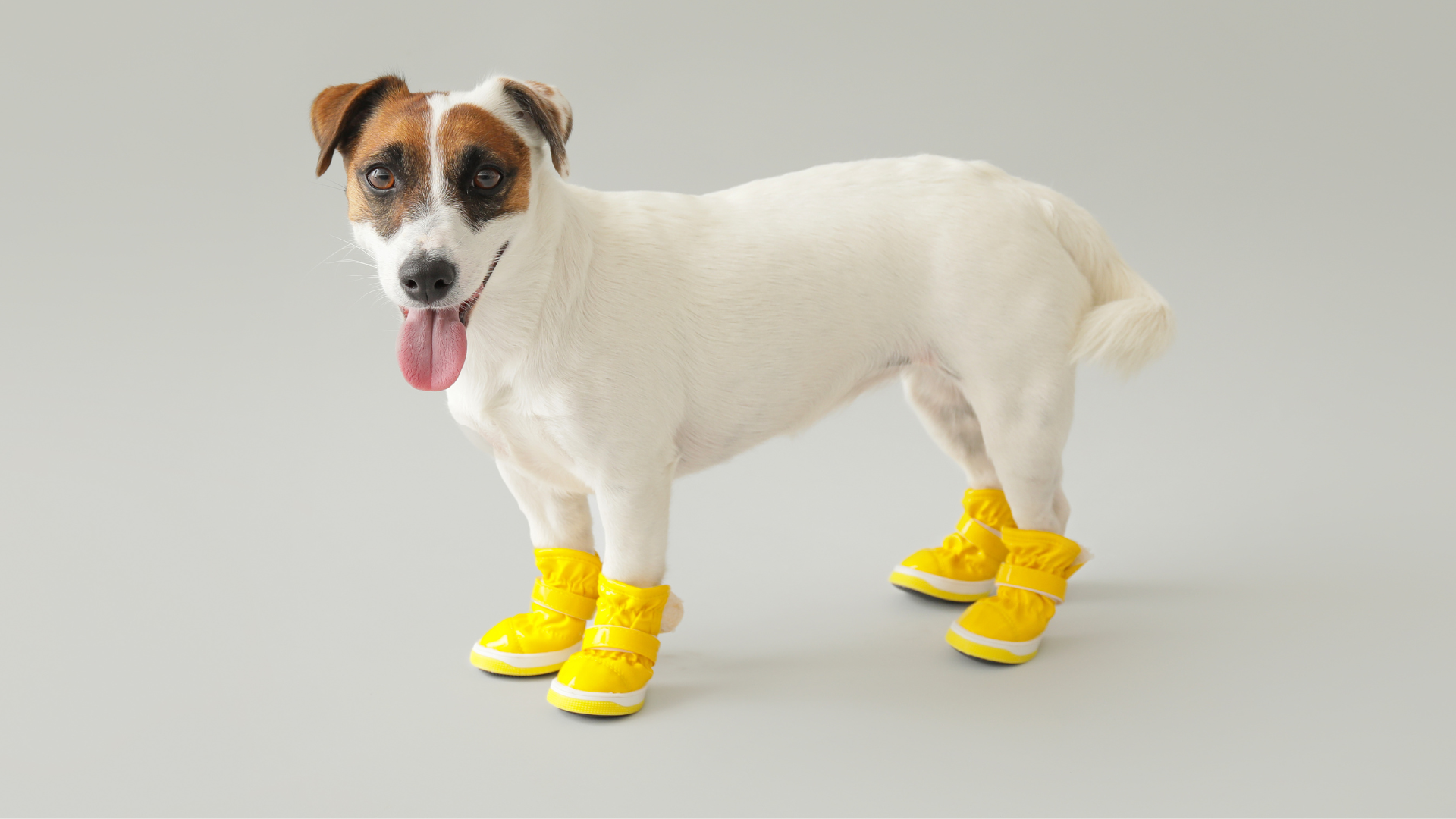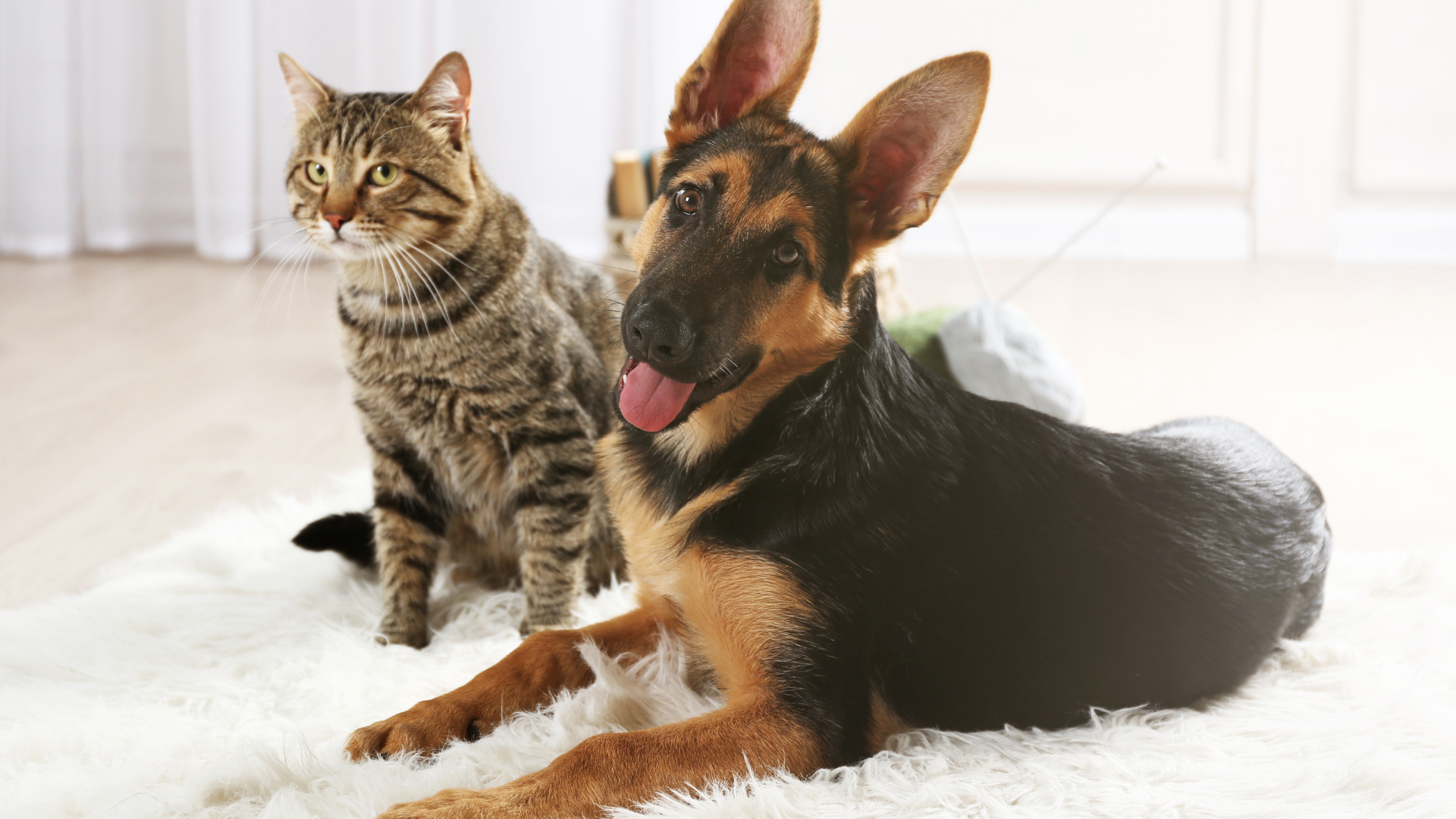The YouTube video “All About the POMERANIAN - Characteristics and Care” posted on the AnimalWised channel offers an insightful, detailed look into one of the world’s most beloved toy breeds: the Pomeranian. Drawing from the video’s key highlights and expert explanations, this blog will walk you through the breed’s history, temperament, grooming needs, and essential care tips—so you can better understand what it means to share your home with this fluffy, energetic companion.
History and Evolution of the Pomeranian
Pomeranians may be tiny today, but their story begins with a much larger ancestor. Originally known as the German dwarf Spitz, these dogs were once sturdy working animals weighing nearly 23 kilograms and used for herding livestock in the historical region of Pomerania—located between modern-day Germany and Poland.
Over time, as people shifted from rural farming lifestyles to urban living, the breed was selectively bred down in size. Eventually, they became cherished companion dogs, admired for their fluffy coats, fox-like faces, and cheerful personalities.
This transformation highlights how dog breeds evolve with cultural changes—and the Pomeranian is one of the clearest examples of this shift from utility to companionship.
Physical Characteristics and Appearance
Pomeranians today are compact, toy-sized dogs weighing between 1.8 and 2.5 kilograms. Despite their small size, their appearance is striking:
-
A plush double coat that stands out from the body
-
Medium-sized dark eyes with a lively, alert expression
-
A pointed, well-proportioned muzzle
-
A signature plume tail curled over the back
They come in an impressive range of coat colors, including:
-
Black
-
Brown
-
White
-
Orange
-
Cream
-
Gray
Their long, silky coat requires attention—but it’s also one of the breed’s most adored features.
Grooming Needs: A Beautiful Coat Requires Commitment
Pomeranians have a double coat consisting of a soft undercoat and a longer outer layer. This gives them the fluffy “pom-pom” appearance everyone loves, but it also means they require consistent grooming to stay healthy and comfortable.
Essential grooming steps include:
-
Daily brushing during heavy shedding seasons
-
3–4 weekly brushing sessions during normal periods
-
Regular eye cleaning to prevent tear staining
-
Occasional baths using gentle, dog-safe shampoos
-
Nail trimming every 3–4 weeks
-
Routine dental care, as they are prone to dental problems
Many owners opt for the popular “puppy cut”, which keeps the coat shorter, reduces matting, and makes maintenance easier.
A clean environment also keeps your Pomeranian healthier. If your Pom sheds frequently or has indoor accidents, you can maintain a fresh home with:
-
Carpet Deodorizers for odor control
-
Laundry Powders for bedding and clothing
-
All-Purpose Cleaners for floors, crates, and play areas
Since Poms spend a lot of time on soft surfaces and close to the floor, keeping those areas clean supports better skin and coat health.
Temperament: Intelligent, Affectionate, and Sometimes Vocal
Pomeranians are known for their big personalities in small bodies. They’re:
-
Affectionate lap dogs who bond closely with their owners
-
Highly intelligent and quick learners
-
Energetic and playful, requiring mental and physical engagement
-
Vocal, often barking to communicate excitement or alert their owners
Because of their intelligence and need for attention, Pomeranians thrive in homes where someone can spend quality time with them. They may struggle in households where owners are away for long periods each day.
Pomeranians and Families: A Good Match with the Right Guidance
Historically, Pomeranians were not considered ideal for families with young children due to their sensitivity and small size. A rough interaction—even unintentional—can be dangerous for a toy dog.
However, modern Pomeranians are much more tolerant, provided children are taught how to interact respectfully:
-
No pulling on fur or tail
-
No picking up the dog without adult supervision
-
Avoiding sudden loud noises around the dog
-
Learning gentle petting techniques
When families prioritize education and respect, Pomeranians can be wonderful companions for kids.
Exercise Needs: Small Dogs with Big Energy
Don’t let their size fool you—Pomeranians are active dogs. They require:
-
Two to three walks per day
-
Short play sessions throughout the day
-
Mental stimulation such as puzzle toys, training games, or nose work
Without proper exercise, they may develop behavioral issues like excessive barking, restlessness, destructive chewing, or anxiety.
This makes structured routines essential for a happy, well-balanced Pom.
Training and Socialization: The Foundation of Good Behavior
Pomeranians are smart and eager to learn, making training enjoyable for both dog and owner. Positive reinforcement works best—reward your Pom with treats, praise, toys, or affection.
Key training tips include:
-
Start training early during puppyhood
-
Use short, fun sessions to maintain engagement
-
Avoid harsh corrections, as these dogs are sensitive
-
Teach basic commands: sit, stay, come, wait
-
Expose them to different environments, animals, and people
Early socialization is crucial. Well-socialized Pomeranians are less likely to develop fear-based reactions, anxiety, or aggression.
Health Considerations: Small Dogs Need Specialized Care
Pomeranians generally live long, healthy lives, but they do have some breed-specific vulnerabilities:
Common concerns include:
-
Dental disease
-
Luxating patella (kneecap issues)
-
Collapsed trachea
-
Eye infections or tear staining
-
Skin sensitivity
Regular brushing, vet visits, and a clean living environment help prevent many of these issues. Washing bedding, blankets, and clothing with a gentle Laundry Powder can minimize skin irritation, especially for sensitive dogs.
Creating a Clean, Safe Environment for Your Pomeranian
Because Pomeranians spend so much time indoors, maintaining a tidy environment plays a huge role in their wellbeing.
You can support their health by keeping:
-
Carpets odor-free using Carpet Deodorizers
-
Floors and surfaces clean with All-Purpose Cleaners
-
Dog beds and blankets fresh using Laundry Powders
A clean home promotes healthier skin, reduces allergens, and prevents buildup of dander—especially important for a double-coated breed like the Pomeranian.
Final Thoughts: Is a Pomeranian Right for You?
Pomeranians are joyful, affectionate, intelligent companions full of personality. They thrive on attention, love being close to their humans, and bring endless charm to any home.
However, they are not the right fit for everyone. They need:
-
Regular grooming
-
Consistent training
-
Lots of affection
-
Mental stimulation
-
Daily exercise
-
A clean, safe environment
For owners willing to meet these needs, a Pomeranian becomes a loyal, delightful family member.
To learn more about pet care, natural cleaning tips, and creating a healthier home for your furry companions, explore our resources:
Main Page: https://www.goodnaturedbrand.com/
Blog: https://www.goodnaturedbrand.com/pages/blog
